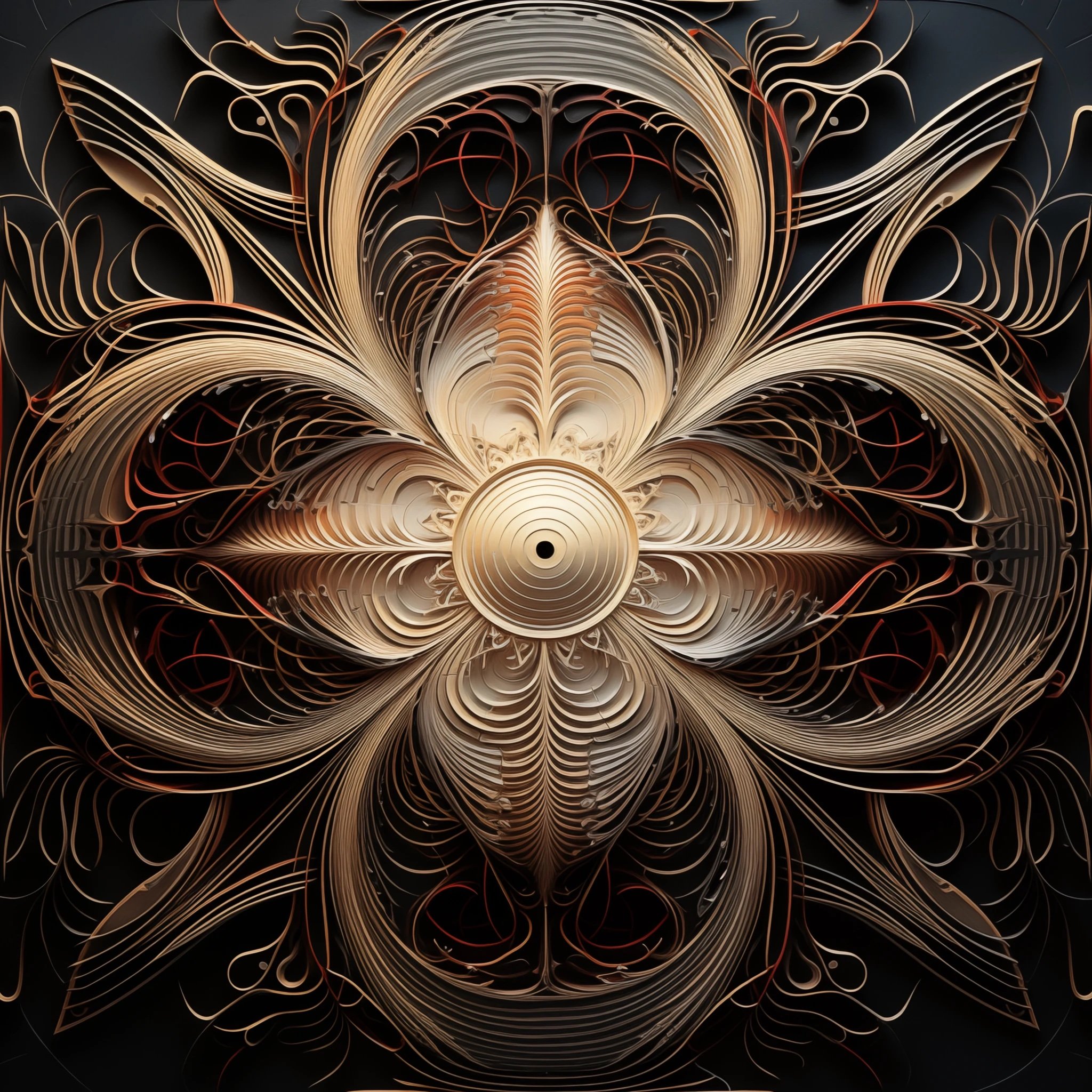The Importance of Learning to Feel
‘Tis you that is the music, not your song…
One of the most encouraging movements taking place in the mental health field is the increasing emphasis on the exploration of embodied feeling states as opposed to intellectual thought perceptions as they pertain to an individual’s trajectory of self-development and healing. Put more simply, it turns out that learning to feel the sensations in the body is extremely effective at helping people improve the quality of their inner emotional lives. Indeed, recognizing how even a small amount of feeling can induce tremendous positive shifts in psychological perspective was a watershed moment in my healing process.
In retrospect, it seems absurdly obvious that the solution to debilitating self-doubt, anxiety, and confusion would begin with learning to draw one’s attention away from the thought activity subjectively located in the head towards the direct, felt experience of the body (the toes, legs, hips, groin, and torso, among others) all of which are themselves incapable of thinking thoughts, unlike the brain. At the risk of creating the wrong impression that this process is somehow quick or easy, I should emphasize that recognizing the importance of feeling the body is only the first step.
The truth is, however, that so many people never even come close to recognizing how significant it is to change one’s orientation to their capacity for feeling the sensations of their body. It is easy to blame this on our cultural attitudes and social norms in modern western culture, with our shallow materialism and increasing social atomization and isolation. And I believe there is importance in exploring the cultural attitudes that influence the notion of “masculinity” in our culture, particularly around the questions related to what men should do with their emotions.
That being said, I cannot help myself but to be drawn towards the uncomfortable and undeniable truth of the primacy of the individual experience. The fact of the matter is that experience hurts. We need not rely on cultural and social norms in order to explain why men find it difficult to feel and express their feelings. It is enough to simply say that it hurts. Cutting through the cultural explanations to the direct experience of pain and suffering in our bodies allows us to meet ourselves in the moment, exactly where we are, feeling exactly what we feel. Anyhow, I digress…
In my efforts to explore and express my feelings about the nature of human transformation, I never wish to give the impression that this it is easy, effortless, or straightforward (though, it is simple). If someone undertakes the process of truly learning to feel, they will very quickly realize that there is no going back. Once one begins to experience the real depth of pain that they are suffering, they will quite suddenly gain the capacity to feel proportional depths of joy, clarity, insight, and connection which stems from consciousness being reunited with the unconscious from which it was born. Experiencing an insight to a long-standing point of psychological tension, or a spontaneous release of a particularly sharp feeling is something that cannot be un-experienced.
Ultimately, the real gift of learning to feel is not in the psychological insights which are the common result of undertaking this path. It is not the relief from emotional pain. It is not the increased sense of purpose, clarity, and direction in one’s life. It is not the enhanced ability to provide emotional support to others. It is not even the ability to feel new depths of joy, gratitude, and pleasure in all areas of life. The real gift of learning to feel is learning that there never was anything externally required for it to happen. The real gift is coming to understand that to even call it “learning” is a distortion of reality that is better described as a process of “recognizing”. The real gift is the ‘aha’ moment when you tap into the depths not of your emotions and feelings, but of the supra-ordinate sense of being from which both your feelings and your capacity to feel them simultaneously emerge. The real gift is recognizing that transformation is not something that happens to you. Transformation is a quality of what you are.
